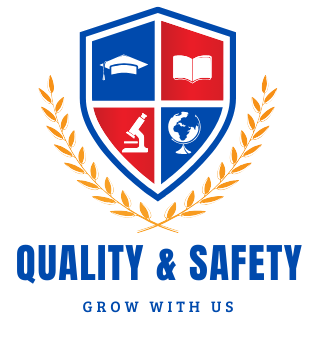Highfield Food Safety Level 4 Certification
Highfield Food Safety Level 4 Certification The Highfield Level 4 Food Safety Certification is designed for senior managers, auditors, and food safety consultants who are responsible for establishing and maintaining food safety standards within their organization. This course provides an in-depth exploration of advanced food safety management, focusing on critical analysis, the development of food…
